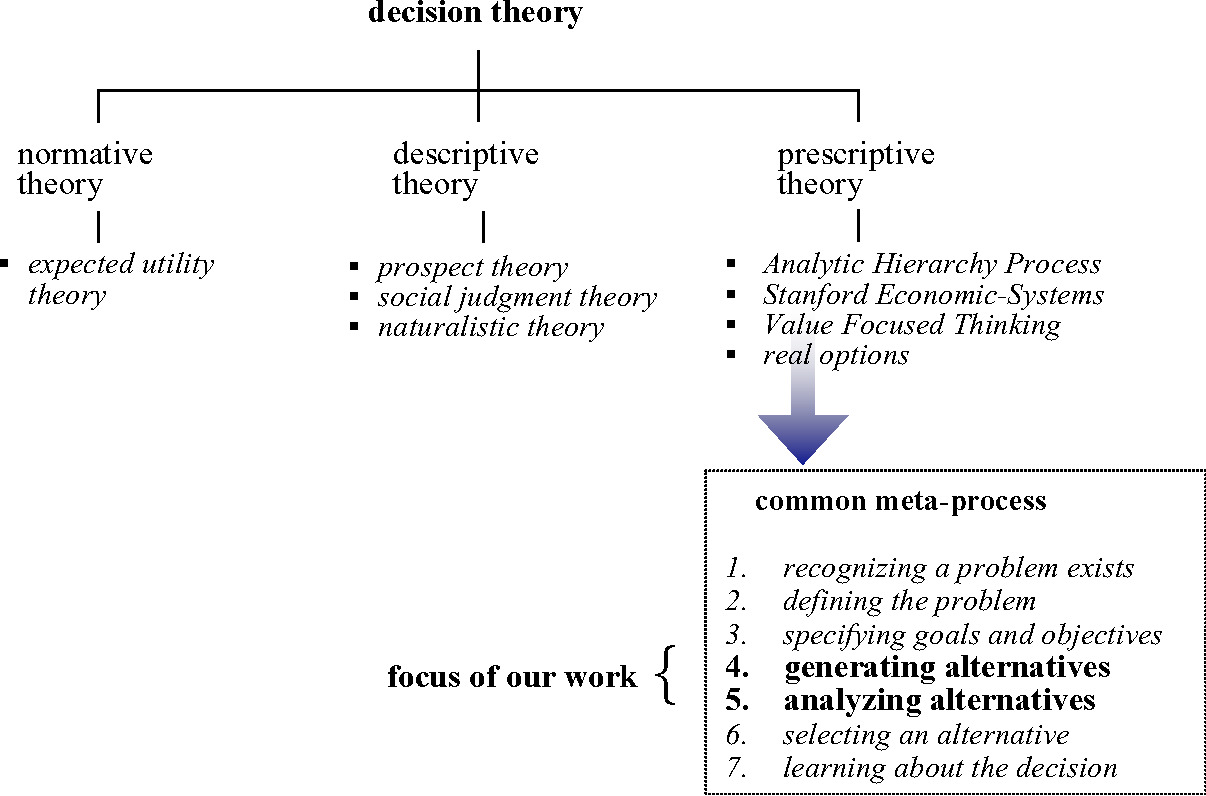
Decision theory is a fascinating field that blends mathematics, psychology, and economics to help us make better choices. But what exactly is decision theory? In simple terms, decision theory is the study of how people make decisions, considering the possible outcomes and the risks involved. It helps us understand why we choose one option over another and how we can improve our decision-making processes. From everyday choices like what to eat for breakfast to life-changing decisions like choosing a career, decision theory provides valuable insights. Whether you're a student, a professional, or just curious, these 28 facts about decision theory will give you a deeper understanding of this intriguing subject.
What is Decision Theory?
Decision theory is a field that studies how individuals and groups make choices. It combines elements from economics, psychology, statistics, and philosophy to understand decision-making processes.
-
Decision theory can be divided into two main branches: normative and descriptive. Normative decision theory focuses on how decisions should be made, while descriptive decision theory examines how decisions are actually made.
-
The concept of utility is central to decision theory. Utility represents the satisfaction or value derived from a particular choice.
-
Decision theory often uses mathematical models to predict outcomes. These models can help in making more informed and rational decisions.
-
The "expected utility theory" is a key concept in decision theory. It suggests that individuals choose the option with the highest expected utility, considering both the likelihood and the value of outcomes.
Historical Background of Decision Theory
Understanding the history of decision theory helps to appreciate its evolution and significance in various fields.
-
Decision theory has roots in ancient philosophy. Early thinkers like Aristotle and Epicurus pondered over human choice and rationality.
-
The formal development of decision theory began in the 17th century with Blaise Pascal and Pierre de Fermat. They laid the groundwork for probability theory, which is crucial for decision-making.
-
John von Neumann and Oskar Morgenstern's book "Theory of Games and Economic Behavior," published in 1944, is considered a seminal work in modern decision theory.
-
The 20th century saw significant contributions from economists like Kenneth Arrow and Herbert Simon, who expanded the field's scope and application.
Applications of Decision Theory
Decision theory isn't just academic; it has practical applications in various domains.
-
In economics, decision theory helps in understanding consumer behavior and market dynamics.
-
Businesses use decision theory to make strategic choices, such as investment decisions and risk management.
-
In healthcare, decision theory aids in medical decision-making, helping doctors and patients choose the best treatment options.
-
Environmental policy-making often relies on decision theory to balance economic growth with sustainability.
Key Concepts in Decision Theory
Several important concepts form the backbone of decision theory.
-
"Risk aversion" describes the tendency to prefer certain outcomes over uncertain ones, even if the uncertain outcome might have a higher expected value.
-
"Game theory" is a branch of decision theory that studies strategic interactions between individuals or groups.
-
The "Bayesian approach" in decision theory involves updating probabilities based on new evidence, making it a dynamic and flexible method.
-
"Bounded rationality" suggests that individuals make decisions within the limits of their information and cognitive capabilities.
Decision-Making Processes
The process of making decisions can be complex and multifaceted.
-
The first step in decision-making is identifying the problem or decision to be made.
-
Gathering relevant information is crucial for informed decision-making.
-
Evaluating alternatives involves comparing the potential outcomes of different choices.
-
Making the decision is followed by implementing the chosen option.
Challenges in Decision Theory
Despite its usefulness, decision theory faces several challenges.
-
One challenge is dealing with uncertainty and incomplete information.
-
Cognitive biases can affect decision-making, leading to irrational choices.
-
Ethical considerations often complicate decision-making processes.
-
The complexity of real-world problems can make it difficult to apply theoretical models accurately.
Future of Decision Theory
The field of decision theory continues to evolve, with new developments on the horizon.
-
Advances in artificial intelligence and machine learning are expected to enhance decision-making models.
-
Interdisciplinary research is likely to bring new insights and applications for decision theory.
-
The increasing availability of big data offers opportunities for more precise and informed decision-making.
-
Ethical and societal considerations will play a growing role in shaping the future of decision theory.
The Final Word
Decision theory isn't just for academics. It’s a tool everyone uses daily, often without realizing it. From choosing what to eat for breakfast to making big career moves, decision theory helps us weigh options and predict outcomes. Understanding its basics can improve your choices, making life a bit easier and more predictable.
Remember, every decision involves some level of uncertainty. Embracing this uncertainty and learning to manage it can lead to better outcomes. Whether you're a student, a professional, or just someone curious about how decisions are made, knowing a bit about decision theory can be incredibly useful.
So next time you face a tough choice, think about the principles of decision theory. It might just help you make a more informed, confident decision.
Was this page helpful?
Our commitment to delivering trustworthy and engaging content is at the heart of what we do. Each fact on our site is contributed by real users like you, bringing a wealth of diverse insights and information. To ensure the highest standards of accuracy and reliability, our dedicated editors meticulously review each submission. This process guarantees that the facts we share are not only fascinating but also credible. Trust in our commitment to quality and authenticity as you explore and learn with us.
